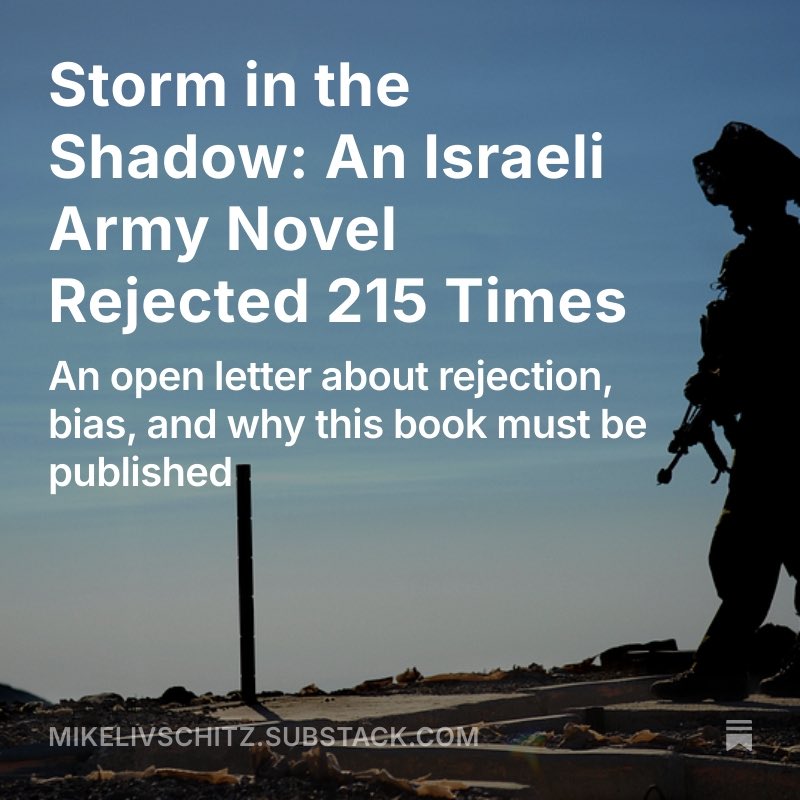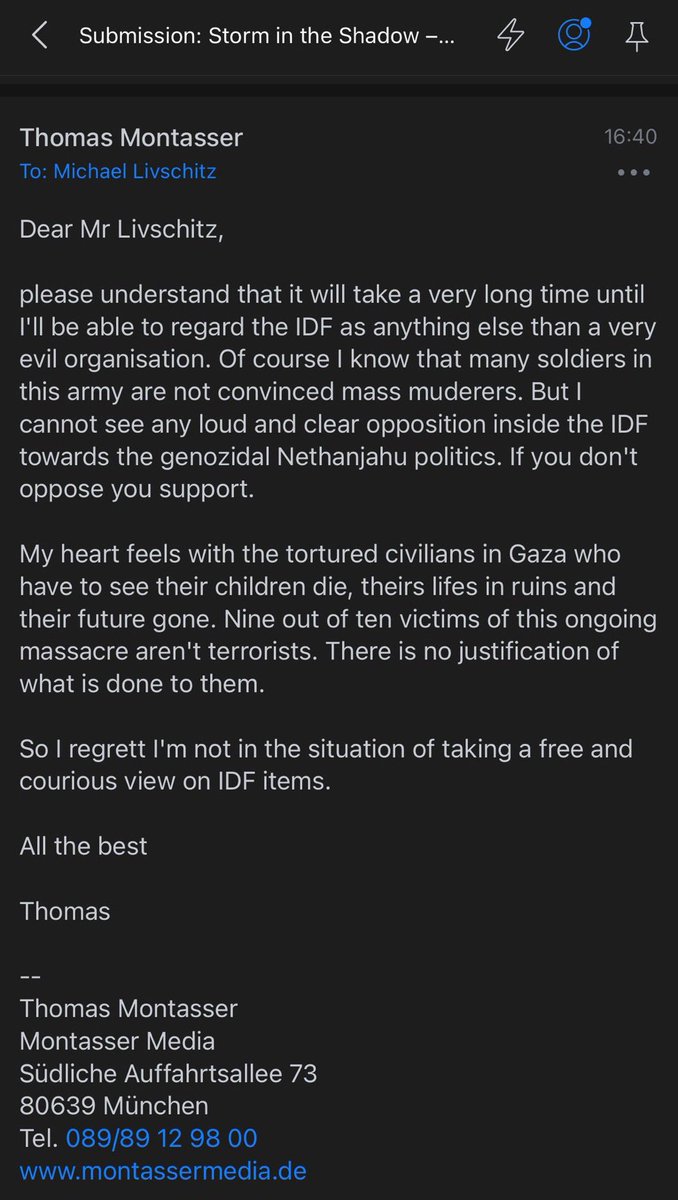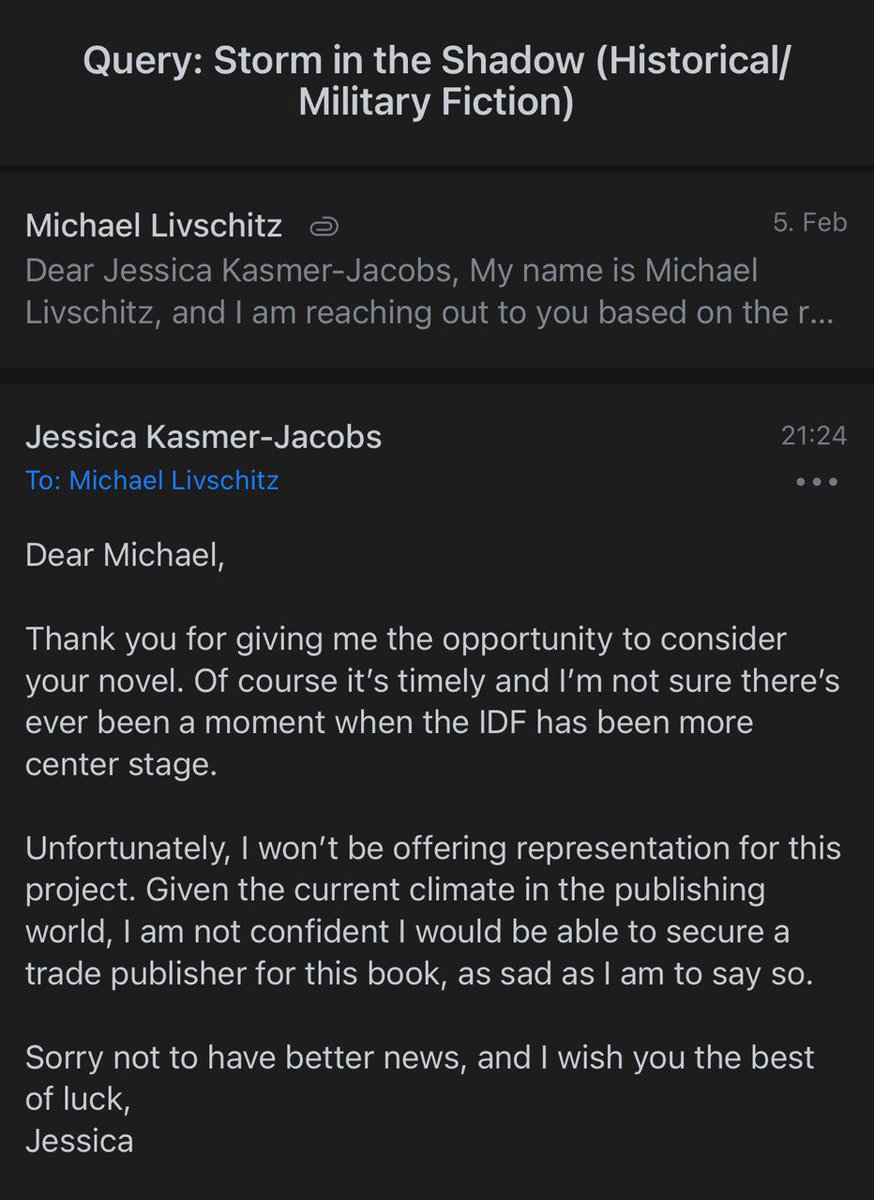Why am I not surprised that a coordinated media offensive against Israel is under way, designed to steer public opinion in a set direction? This has been happening for years, and I’ve repeatedly exposed the bias of major outlets and journalists who pushed a one-sided narrative that couldn’t withstand even cursory scrutiny. Below in the comments I’ll add a few threads as illustrative examples so you can see how it was built. And now it has reached its apex. The question is—what next? What else will Israel be accused of?
Why is Hamas taken out of the frame, with its actions—the horrific crimes of a terrorist organization—rendered invisible to the world? How did the international community fall under the sway of media that, in the main, quote and amplify the statements of Gaza’s Hamas-run Ministry of Health—literally Hamas’s mouthpiece? Is terrorism really humanity’s great hope? Think again, look around, and consider what you are actually endorsing. It’s not too late to open your eyes and see where blind trust in the media has led everyone.
Why is Hamas taken out of the frame, with its actions—the horrific crimes of a terrorist organization—rendered invisible to the world? How did the international community fall under the sway of media that, in the main, quote and amplify the statements of Gaza’s Hamas-run Ministry of Health—literally Hamas’s mouthpiece? Is terrorism really humanity’s great hope? Think again, look around, and consider what you are actually endorsing. It’s not too late to open your eyes and see where blind trust in the media has led everyone.
• • •
Missing some Tweet in this thread? You can try to
force a refresh











